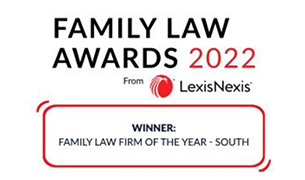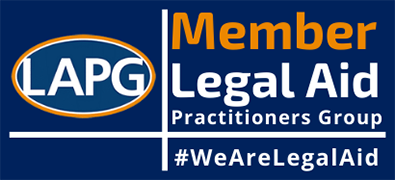It’s a fact that almost half of us still mistakenly believe that common law marriage exists.
This year’s British Social Attitudes Survey carried out by The National Centre for Social Research show that 46% of us are under the false impression that cohabiting couples form a common law marriage.
The research also shows that people are significantly more likely to believe in common law marriage when children come into the equation; 55% of households with children think that common law marriage exists, whereas only 41% of households without any children do so.
The result is often severe financial hardship for the more vulnerable party in the event of separation, such as women who have interrupted their career to raise children.
So, what is the difference in legal terms between being married and unmarried? This table explains some of the financial differences in being married and unmarried should there be a relationship breakdown:
___________________________________________________________________________
What is a married person entitled to? And an unmarried person?
Spousal maintenance YES NO
Child maintenance YES YES
A lump sum YES NO
Adjust shares in property YES NO
Pension sharing YES NO
Pension attachment YES NO
On death of a partner YES YES (if living together for 2 years)
Lump sum for a child YES YES
Transfer of property for child YES (a loan until child is 18) YES (a loan until child is 18)
___________________________________________________________________________
But is isn’t quite that simple, however (is it ever where lawyers are concerned?).
Should a relationship break down, an unmarried person who jointly owns property with their former partner can ask the court to make an order for it to be sold.
There are other legal remedies that are based on fairness. For example, if there is a dispute about shares in jointly owned property, an unmarried person can ask the court to change those shares. But this is only if they can prove an agreement was made and that they acted to their detriment by relying on the agreement (e.g. by paying money towards it or doing work on it). If there is already a written agreement about shares, it may not be possible to change it.
If an unmarried person’s former partner owns the property, the non-owner can ask the court to give them a share as long as they can show an agreement to share and again, that they acted to their personal detriment relying on the agreement.
Unmarried finance is a complicated area of law. Should you wish to make an appointment please contact us. Your first appointment is free.
Need some advice? Get in touch today
"*" indicates required fields
The information submitted here is used and stored for the purpose of replying to the enquiry. For more information on how we process data please visit our Privacy Policy.









